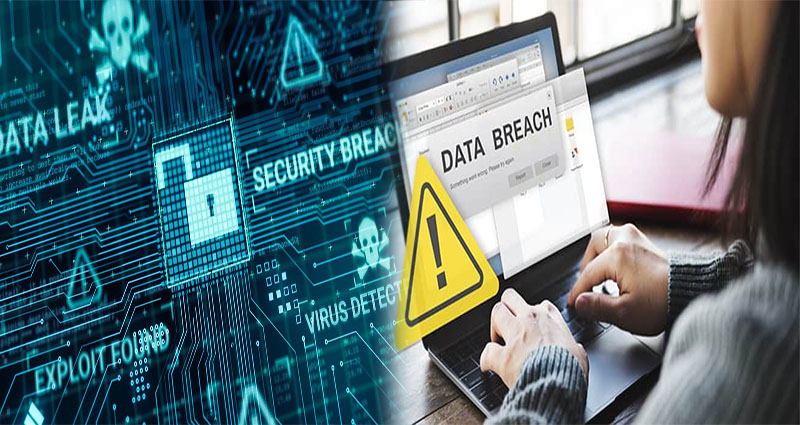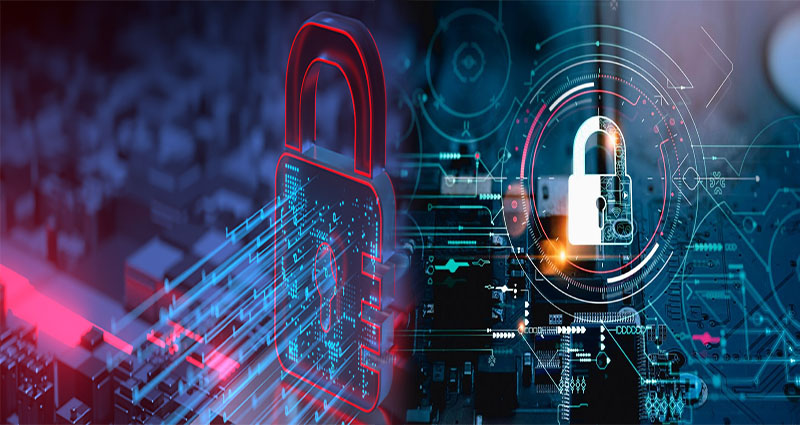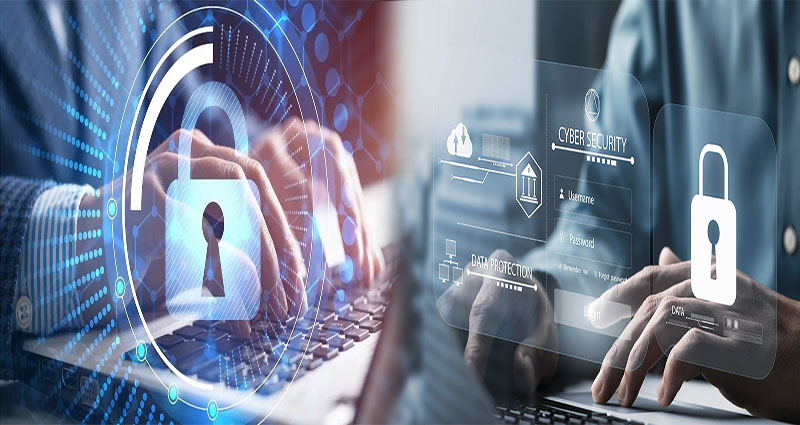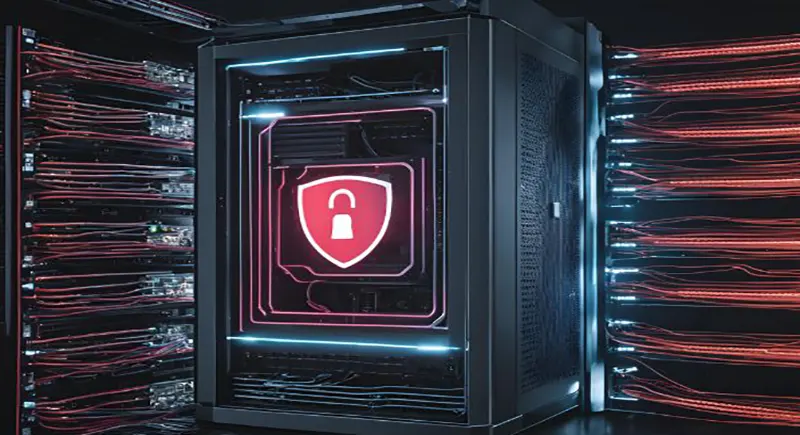Examples of Effective Cybersecurity Measures for Remote Work Environments
The shift towards remote work has accelerated dramatically, driven by global events and the increasing digitalization of work processes. However, this shift has also given rise to new cybersecurity challenges, as remote work environments create additional vulnerabilities that threat actors can exploit. To mitigate these risks, organizations must implement effective cybersecurity measures tailored to the remote work landscape. Here are some examples of such measures:
1. Multi-Factor Authentication (MFA)
Implementing multi-factor authentication is a critical safeguard against unauthorized access to systems and sensitive data. With MFA, users are required to provide multiple forms of identification, such as a password, a unique code sent to their mobile device, or biometric verification, before gaining access to company resources. This provides an additional layer of security and significantly reduces the risk of unauthorized access.
2. Virtual Private Network (VPN)
A VPN establishes a secure, encrypted connection between remote workers and the organization’s internal … Continue reading >>>
Real-World Examples of Cybersecurity Breaches in Financial Institutions
Cybersecurity breaches have become a common and significant threat to financial institutions around the world. These breaches can result in sensitive data being exposed, financial losses, and damage to the reputation of the organization. Let’s take a look at some real-world examples of cybersecurity breaches in financial institutions:
1. Equifax Data Breach
In 2017, Equifax, one of the largest credit reporting agencies in the United States, suffered a massive data breach that exposed the personal information of approximately 147 million people. The breach was caused by a vulnerability in the company’s website software, which allowed hackers to access sensitive data such as Social Security numbers, birth dates, and addresses. The fallout from the breach included multiple lawsuits, regulatory investigations, and a significant decline in Equifax’s stock price.
2. JPMorgan Chase Data Breach
In 2014, JPMorgan Chase, one of the largest banks in the U.S., experienced a data breach that affected … Continue reading >>>
Safeguarding Personal Information: The Role of Cybersecurity in Combatting Online Threats
In an era dominated by digital interactions, the protection of personal information has become a paramount concern for individuals. Cybersecurity serves as the frontline defense against a myriad of online threats aimed at compromising sensitive personal data. But how exactly does cybersecurity work to safeguard personal information from these threats?
Understanding Cybersecurity’s Role
- Encryption: Cybersecurity employs advanced encryption techniques to encode personal information, making it unreadable to unauthorized users. This encryption ensures that data transmitted online remains secure and confidential, minimizing the risk of interception by cybercriminals.
- Firewalls and Intrusion Detection Systems: Firewalls act as barriers between a network and potential threats, monitoring incoming and outgoing traffic to block malicious entities. Intrusion detection systems complement firewalls by detecting and preventing unauthorized access attempts, thus safeguarding personal information from cyber threats.
- Antivirus Software: Antivirus software plays a crucial role in protecting personal information by detecting and removing malicious
Understanding Cybersecurity: Crucial for Small Businesses
In today’s digital age, cybersecurity has become a critical aspect of doing business, especially for small businesses. But what exactly is cybersecurity, and why is it so important for small businesses to prioritize it?
What is Cybersecurity?
Cybersecurity refers to the practice of protecting computer systems, networks, data, and devices from malicious attacks. These attacks can come in various forms, such as hacking, phishing, ransomware, and malware. The goal of cybersecurity is to ensure the confidentiality, integrity, and availability of information and resources within an organization.
Why is Cybersecurity Important for Small Businesses?
Data Protection:
Small businesses often collect and store sensitive information about their customers, employees, and financial transactions. A cybersecurity breach can lead to this data being compromised, resulting in financial losses, reputation damage, and legal consequences.
Financial Impact:
Cyber attacks can disrupt operations, lead to data loss, and result in significant financial losses for a … Continue reading >>>
Hands-On Experience with Penetration Testing for Information Security Analysts
In the eternally evolving landscape of cybersecurity, information security analysts play a crucial role in protecting organizations from cyber threats. One of the most effective ways to bolster an organization’s security posture is through penetration testing—an essential practice for identifying and addressing vulnerabilities before they can be exploited by malicious actors. This article explores the significance of hands-on experience with penetration testing for information security analysts, detailing its benefits, core components, and how to effectively gain and apply this experience.
1. Understanding Penetration Testing
Penetration testing, often referred to as ethical hacking, involves simulating cyberattacks to identify weaknesses in systems, networks, and applications. The goal is to uncover vulnerabilities that could be exploited by attackers and to provide recommendations for strengthening security defenses. For information security analysts, hands-on experience with penetration testing is invaluable for understanding the techniques and tools used by adversaries, as well as for developing effective countermeasures.… Continue reading >>>











